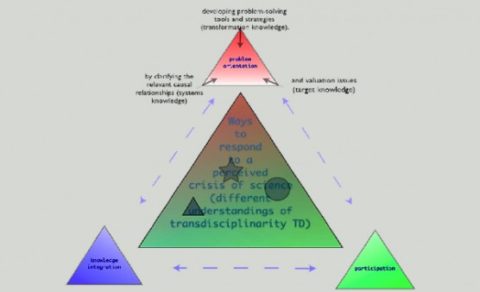- Around_the_Web (2,375)
- Book_Review (100)
- Disciplines in Dialogue (13)
- Essay (1,174)
- Essentials (19)
- Featured (1)
- Indic Religions (7)
- Intelligent Design and Its Critics (84)
- Metanexus_Institute (1)
- Network (238)
- Profile (817)
- Project (6)
- The New Sciences of Religion (12)
- Transhumanism and Its Critics (20)
- Video (38)
- Visual-Explorations (45)
- Anthropocene
- Author
- BIG History
- BIG Problems
- BIG Questions
- Big Transitions
- Biodiversity
- Brain & Consciousness
- Climate Events
- Complexity & Emergence
- Conference 2007
- Conference 2008
- Conference 2009
- Cosmology
- Creativity
- Culture
- Disease
- Earth
- Economics
- Education
- Elements
- Emeritus Board Member
- Energy
- Environment
- Europe
- Food
- General Anthropos
- General Bios
- General Cosmos
- General Sophia
- Genetics
- God-Universe
- Governance
- Hierarchies
- Humans
- Information
- Intelligent Design and Its Critics
- Life
- Limits of Science
- Markets
- Mathematics
- Morality & Ethics
- North America
- Organizations
- Polydoxy
- Population
- Quantum Mechanics
- Resources
- Social Change
- Stages
- Stars
- Survival & Reproduction
- Technoscience
- The Far Future
- Transformation
- Tribalism & Religion
- Unity of Knowledge
- Universe
- Values & Virtues
- War & Peace

The Long Way from Non-Reductionism to Transdisciplinarity: Critical Questions about Levels of Reality and the Constitution of Human Beings
By Cecilia Dockendorff on September 1, 2011Read more1.- Reductionism: from science to culture and every day life “The vision of Nature in any given era depends on the imagination prevailing in that era which, in turn, depends on a multitude of parameters… Once formed, the image of Nature acts on all fields of knowledge” (Manifesto of Transdisciplinarity) Why are we concerned about reductionism? We, in this case,
1
Latin-American Prospective to an Integration of Knowledge: Beyond “Interdisciplinarity” and “Transdisciplinarity”
By Lucio Florio on September 1, 2011Read moreThe historical attempts to achieve a “universalis scientia” since the Modern age have always crashed against the permanent temptation of syncretism1. This paper is a continuation of a paper presented at the 2005 Metanexus Meeting, where it was proposed some essential issues to consider for an integration of knowledge: a. The level of reliability of the disciplines. b. Their control

A Transdisciplinary Perspective Viewed through Anabaptist Eyes
By Christian Early on September 1, 2011Read moreIntroduction to Theme This paper presents two claims: (1) Attachment is a universal thread that holds the fabric of life together and (2) Anabaptist theology theorizes Christian community and relationship with God in ways that identify attachment for human flourishing and social peace. We expand the first claim by describing the necessary biological bases for attachment with a focus on

Wolfgang Pauli, Carl Jung, and the Acausal Connecting Principle: A Case Study in Transdisciplinarity
By Charlene Burns on September 1, 2011Read moreThe same organizing forces that have shaped nature in all her forms are also responsible for the structure of our minds. —Werner Heisenberg1 While many universities and colleges have only recently begun moving toward multi-and interdisciplinary programs and offerings, transdisciplinarity, a concept that first appeared on the academic scene in the early 1970s, has become an important trend in some

The Transdisciplinary Logic of Transdisciplinarity
By Joseph Brenner on September 1, 2011Read moreIntroduction. Logic and Contradiction Transdisciplinarity is about man, man and the reality of which he is a part. Transdisciplinarity is thus about human successes – progress and creativity, but also failures and regression, or virtue and vice in the traditional expression. In a word, it must account for contradictions and inconsistencies, as well as the appearance of new forms and

